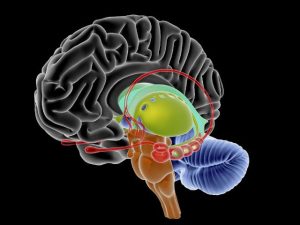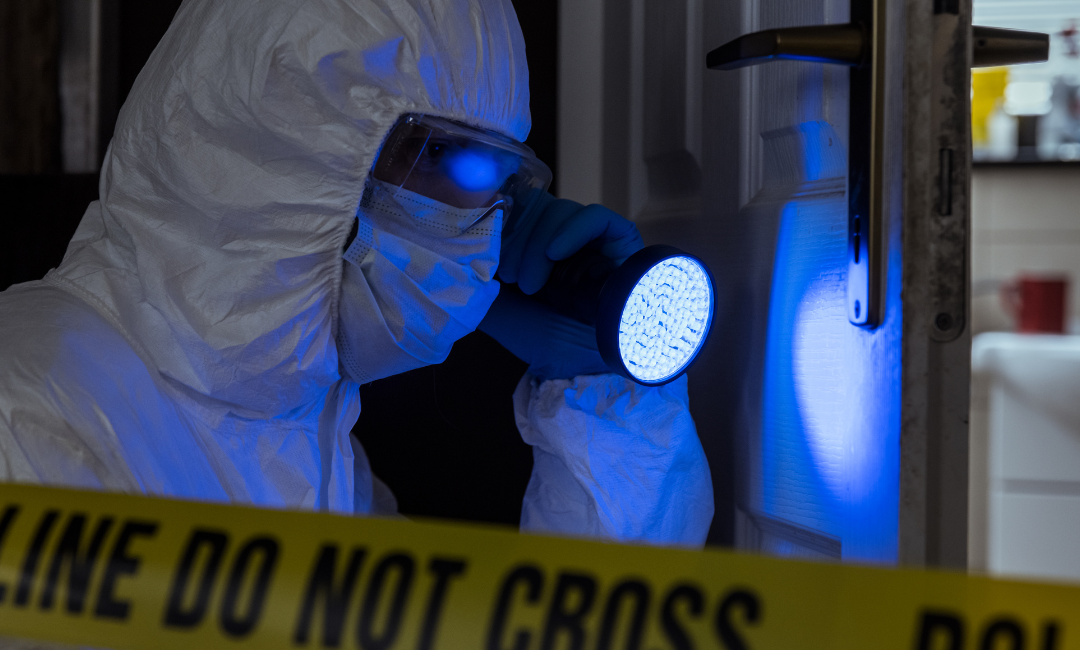Completing a Neurological Nursing Assessment
The nervous system consists of the brain, spinal cord, and the 12 nerves that originate in the brain.
It can sometimes be difficult to complete the neurological assessment if one is unsure of the rationales of each area being assessed.
Nurses, especially working with those with a possible neurological deficit, must possess keen observational skills while performing a neurological nursing assessment. It’s important not overlook an issue that may be causing a problem.
The following areas are important to focus on when completing a neurological exam:
Mental Status
Assesses the level of consciousness and interaction with the environment. Many times, the nurse or healthcare professional will ask the patient about time, person, and place to determine if he/she is showing a deficit in one of these areas.
Sensory
A sensory exam assesses the patient’s capability of feeling and understanding sensations and is often performed by using instruments such as a sharp item, dull item, alcohol swabs, and tuning forks.
Motor Function and Balance
These can be determined by having the patient to “push” and “pull” using their arms and legs to determine if there is any weakness noted. Many times after a neurological stroke, there is weakness noted on one side of the patient versus the other. Balance can be checked by having the patient to walk or stand.
Reflexes
Due to the various types of reflexes noted in newborns and infants, it is important for the nurses to observe the reflexes for any abnormalities.
Evaluation of Nerves
There are 12 cranial nerves and they each serve a difference capacity and function.
Coordination Exam
This often exhibits itself when the patient begins walking abnormally or cannot do simple commands such as tapping one’s norse with eyes closed.










